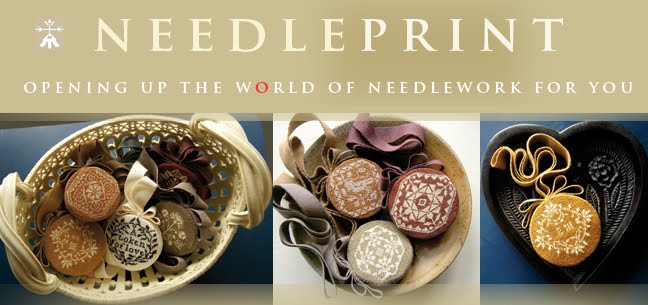![]()
In this week of celebrations I am thrilled to share with you that Ritchie Garrison, professor of history and director of the Winterthur Program in American Material Culture Studies at UD, is leading a National Endowment for the Humanities (NEH) project to create a digital archive and searchable database of Early American samplers. To bring these historic American treasures to the public eye, the University of Delaware in collaboration with the University of Oregon is now launching the Sampler Archive Project, a major effort to build a national digital archive and searchable database of samplers stitched by American girls in the 17th, 18th and 19th centuries. UD won a $300,000 grant from the National Endowment for the Humanities (NEH) to develop the resource. Ritchie Garrison’s co-investigators include Lynne Anderson, associate professor at the Center for Advanced Technology in Education at the University of Oregon; Patricia Keller, who earned both her master’s degree in American material culture and doctorate in American civilization at UD; and Linda Eaton, curator of textiles at Winterthur Museum, Garden and Library, the museum of American decorative arts established by Henry Francis du Pont in Delaware.
![]()
The team begins work this summer with Winterthur’s 125 samplers, to be followed later by the sampler collections of the Daughters of the American Revolution (DAR) in Washington, D.C., and the Rhode Island Historical Society in Providence. Thanks to Julia Line for telling me about this wonderful program. Photos are by Ritchie Garrison.
For more details click here.
This is a week of celebration for the launch of the new The Micheál and Elizabeth Feller Collection Volume 1 by Needleprint - do look at previous and following posts for some lovely give aways!

Related Posts :



This is a wonderful idea. I just read that portugal, spain and italy don't have sampler tradition, which is a pity, since I for one love the old samplers and have one made for myself and two or three others for friends. Culture should always be preserved and samplers are a very good example how history can also be told to the future
ReplyDeleteMy friend goes to the University of Delaware, and I go to Fairfield University in Connecticut. We want to visit, but neither of us have a car. What is the cheapest way to visit? I don't mind taking buses, trains or anything? Can you also include the amount it would cost round trip?
ReplyDeletehvac training in DE